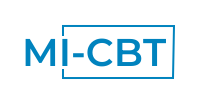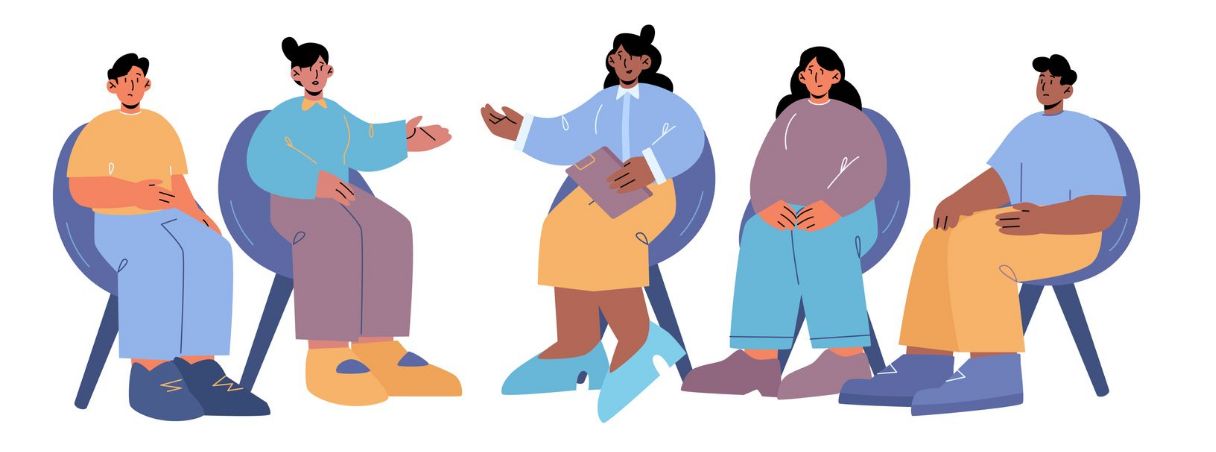Toolbox
Access multiple tools and resources that will help you prepare for and deliver group or individual MI-CBT.
Publications
Our team publishes on a variety of topics with a focus on interventions for adults who are living with psychiatric illness.
What is MI-CBT Guide?
MI-CBT Guide is a free, online resource for MI-CBT facilitators. It includes a toolbox with a comprehensive set of resources to help you get started. These include a 4-part series of 10 minute MI-CBT demonstration videos, our IMPACT Facilitation Manual with monthly Booster sessions, and and fillable PDF worksheets to directly apply MI-CBT in practice.
Who Developed It?
The program was developed through the research efforts of Felice Reddy, PhD, and Shirley Glynn, PhD, psychosocial clinical experts with 70 years of combined experience in the field. Drs. Reddy and Glynn are committed to improving the lives of people with significant mental health and psychosocial challenges. Read more >
Who this Site is For
MI-CBT is typically provided by a facilitator with graduate training in a mental health field such as counseling, psychology, social work, rehabilitation, or occupational therapy. This training should have provided the requisite skills in Motivational Interviewing (MI) and Cognitive Behavioral Therapy (CBT) to provide the intervention with proficiency and fidelity to the IMPACT Facilitation Manual.
Trainers, students, and people with lived experience may act as co-facilitators and may also find our site resources helpful.
Why Use MI-CBT Guide?
Principles of MI-CBT
Techniques
Feedback from Participants & Facilitators

“I was able to identify new ways of changing my daily behaviors; to better understand problem solving techniques; and, perhaps best of all, to examine my general attitude, enlightened by a higher awareness of unhelpful thoughts, and the power I have to change them.”

“The assignments and interviews really help us dissect our thoughts and goals and put them back together under a positive light. I enjoyed having someone professional to talk with about these thoughts and goals along with the feedback provided which allowed me to reflect on and continue to make choices that help me reach success.”

“I’m glad I took part in this; I came in with a preconceived notion about goal setting. Opening my mind in here cracked the door open to getting sober. Twelve weeks is a short time, but it was enough for me to get going.”

This modality felt good to patients. They appreciated the amount of attention they received from clinicians. A handful have requested to continue treatment.


